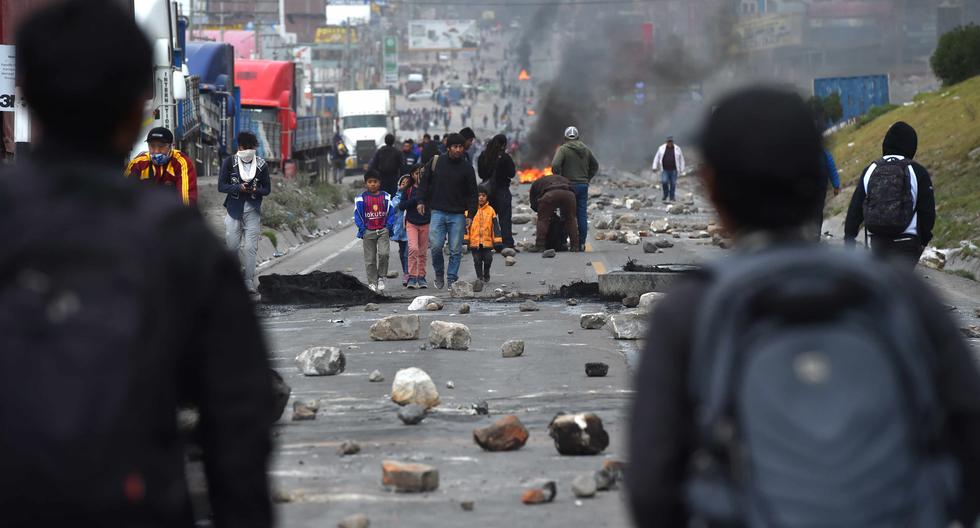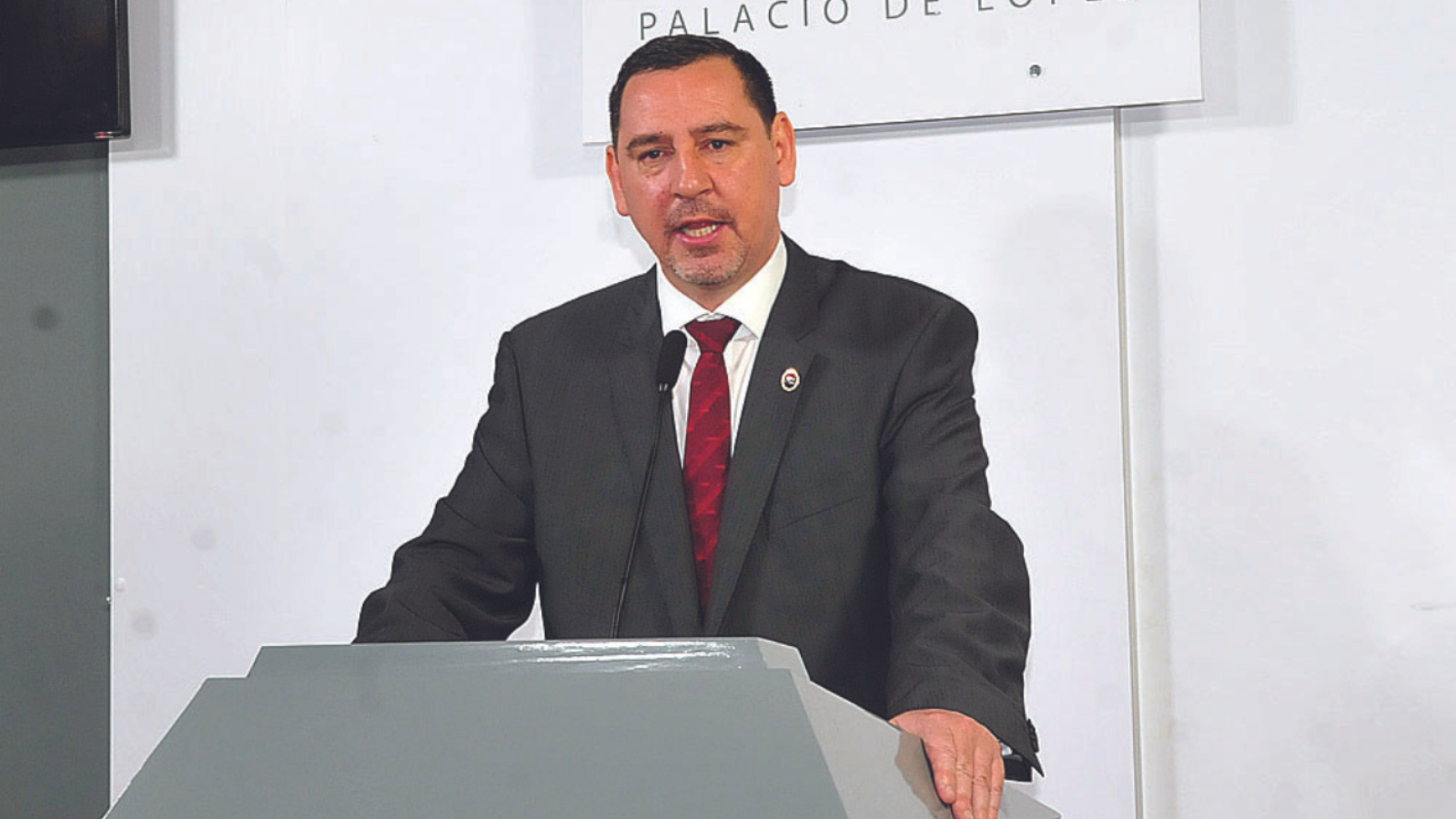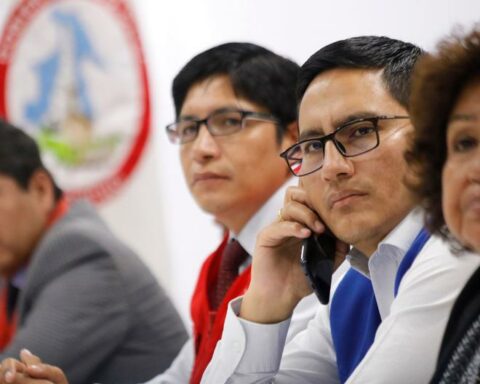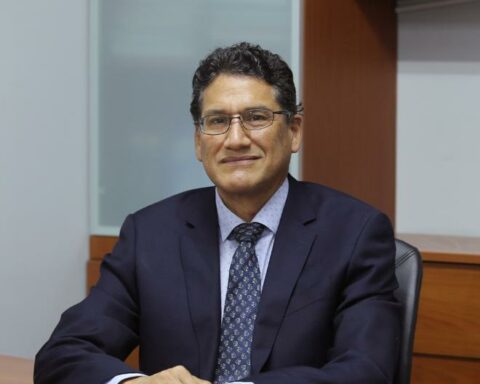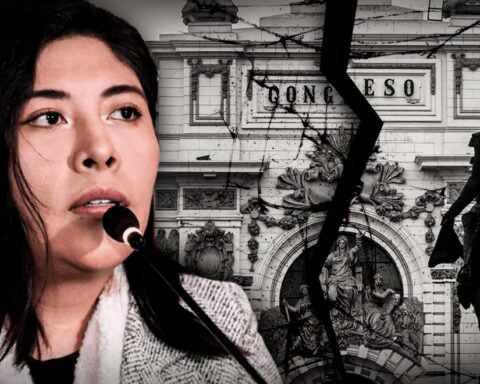Jorge Yamamoto is a social psychologist and, in this interview, analyzes the components of the protests in the south of the country and the challenge that maintaining peace represents for civil society.
What symptoms do these protests have?
The symptom is a subject that had been dragging on for several months; the dissatisfaction of the population. Many analyzed that it was illogical that, with so much corruption, the people did not rise up and one of the hypotheses was that the trigger was missing; the group that activates that position so that people take to the streets. The problem is that here a legitimate motivation and a perverse motivation are mixed. So, it has been identified through the news that, on the one hand, there are ex-terrorists, illegal mining and drug trafficking. There is financing to pay those who, at the tip of the spear, are destined to commit excesses, the most seasoned and those who enjoy committing excesses. This group will be financed and will go to the population to touch those elements of dissatisfaction, things that already exist in the resentment in different parts of the population and that will generate an intention for action.
Have the deaths made this situation worsen?
When the deceased become heroes of the cause, everything that was trying to convince them is validated. It validates the anger and increases it in the people who were demonstrating and in those who were not yet convinced. That creates tremendous escalation.
LOOK: Puno Prosecutor opens investigation into Evo Morales and Vladimir Cerrón
How to counteract what is taking place?
Trying to resolve this with dialogue is naive because the idea is not that the person who is marching is dissatisfied with something and talking will satisfy him, but rather that there is a whole orchestrated plan that has not started now, but that comes from a long time ago. with specific interests. You can’t with bullets either. There is a psychological theme, of psychological operations, of persuasion, of mixing reality with deception, of generating resentment or capitalizing on it and managing people’s anger so that they come out to demonstrate. There you must attack with a strategy of psychological counter-operations. But, at the same time, satisfy the needs of the population, but without deceit.
What would be the first steps of that strategy?
That the armed institutes that are trained in this type of technical strategies intervene.
What other authorities or institutions should accompany this strategy?
In the ideal world: civil society and business could participate, but civil society criticizes a lot in networks, but nothing more. As long as they don’t take an active role, there will be a distance. The Peruvian business community, with some very honorable exceptions, is only interested in its own benefit and, when common causes are sought, there is no capacity for union actions, as is the case in Chile, South Korea and Japan.
Where are we going?
With a society in chaos, drug trafficking is going to progress and insert itself into the political sphere, in such a way that we are going to have a society that appears to be democratic, but in practice with a kind of alliance of criminal organizations that take the power. However, we must not lose hope; what we are left with is a group of honest and competent people, other than the traditional political parties, getting involved and sacrificing themselves to achieve peace.
RECOMMENDED VIDEOS:
:quality(75)/cdn.jwplayer.com/v2/media/mpXtk3J6/poster.jpg)

